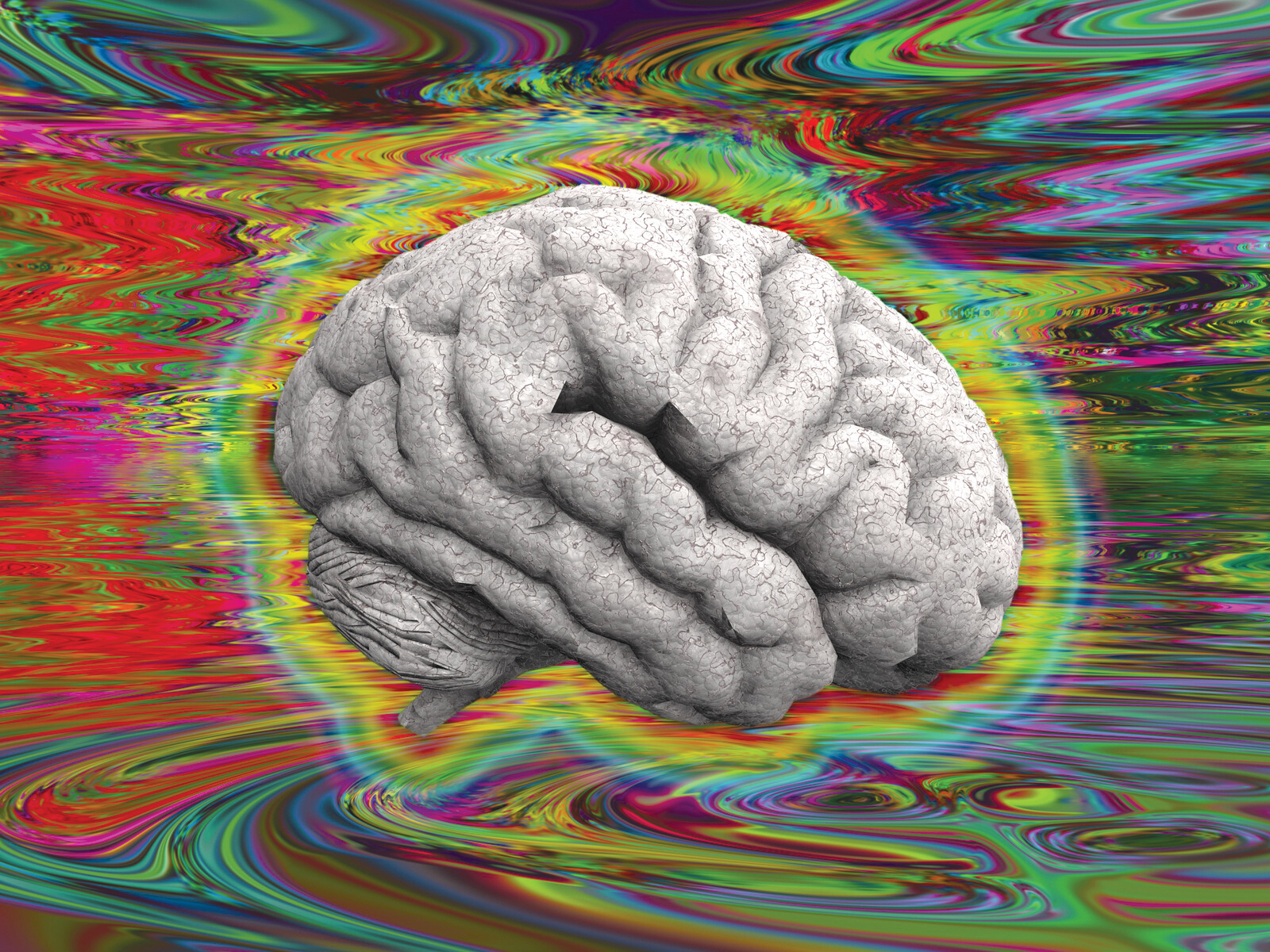Poor psychosocial working conditions
A new Institute for Work and Health study finds risks of burnout and stress greatly increased for the 1 in 10 Canadian workers who find themselves in consistently bad job environments. In occupational health and safety research, the term “psychosocial working conditions” can refer to many different things, each of which deserves to be understood in its own right. Are long work hours harmful to workers’ health? What about lack of training and resources, unclear responsibilities, excessive work demands, unsupportive supervisors and colleagues, to name just a few examples?
“While research on individual psychosocial factors can be useful, this study points to the value of thinking about these working conditions not just in isolation, but all at once,” says IWH Associate Scientist Dr. Faraz Vahid Shahidi, lead author of the study, published in February 2021 in Annals of Work Exposures and Health (doi.org/10.1093/annweh/wxaa130) Shahidi claims that by doing so, his team was able to uncover four different groups of workers when it comes to the quality of their psychosocial work environment and explore the likelihood of each group reporting stress. The article is part of a series of three released by the group.
Source: iwh.on.ca
Will the magic of psychedelics transform psychiatry?
Imagine a medicine that could help people process disturbing memories, sparking behavioural changes rather than merely burying and suppressing symptoms and trauma. For the millions suffering with post-traumatic stress disorder (PTSD) and depression, such remedies could be on the horizon. Psychiatry is rapidly heading towards a new frontier—and it is all thanks to psychedelics.
In an advanced phase trial published in Nature in May, patients in the US, Israel and Canada who received doses of the psychedelic stimulant MDMA, alongside care from a therapist, were more than twice as likely than the placebo group to no longer have PTSD, for which there is currently no effective medicinal treatment, months later—startlingly successful potential breakthrough therapy.
You could say interest in psychedelics is mushrooming. Ten years ago, they were effectively taboo in many academic fields and halls of power. But as the intellectual rationale became increasingly untenable, hundreds of millions of dollars have been pumped into psychedelic pharmaceutical research. “Psychedelics are the most extraordinary tools for studying the mind and brain,” says Dr. David Luke, co-founding director of the psychedelic consciousness conference, Breaking Convention. “It is a hot-button topic with around a dozen dedicated research centres at top-level universities around the world.”
Source: theguardian.com
Male infertility is on the rise
In couples who experience problems conceiving, roughly one-third of the time the problem stems from the man. Defined as the inability to fertilize a female egg, a man who gets the diagnosis could be experiencing a range of problems.
Genetic or biological issues may be responsible with only 10-15 per cent truly experiencing Azoospermia, a lack of sperm. Some men will only need mild lifestyle changes. Others will need surgical procedures to extract sperm.
The culprit could be a lack of desire or hormonal issues like low testosterone or medical conditions, like thyroid disease or diabetes. Both heart disease and diabetes can also damage penis arteries, making an erection difficult.
The top lifestyle offenders include:
• Obesity: Obese men can have reduced testosterone, more significant blood supply damage, and increased estrogen levels.
• Smoking: Causes sperm motility and concentration to decrease, damage sperm’s shape and DNA.
• Tight-fitting underwear: Too tight briefs can negatively affect semen quality.
• Excessive alcohol consumption: Drinking too much impairs male fertility.
• Anabolic steroids: They down-regulate the production of sperm.
• Recreational drugs: Consuming can reduce fertility by damaging the pathway that results in sperm production.
Source: inverse.com
















